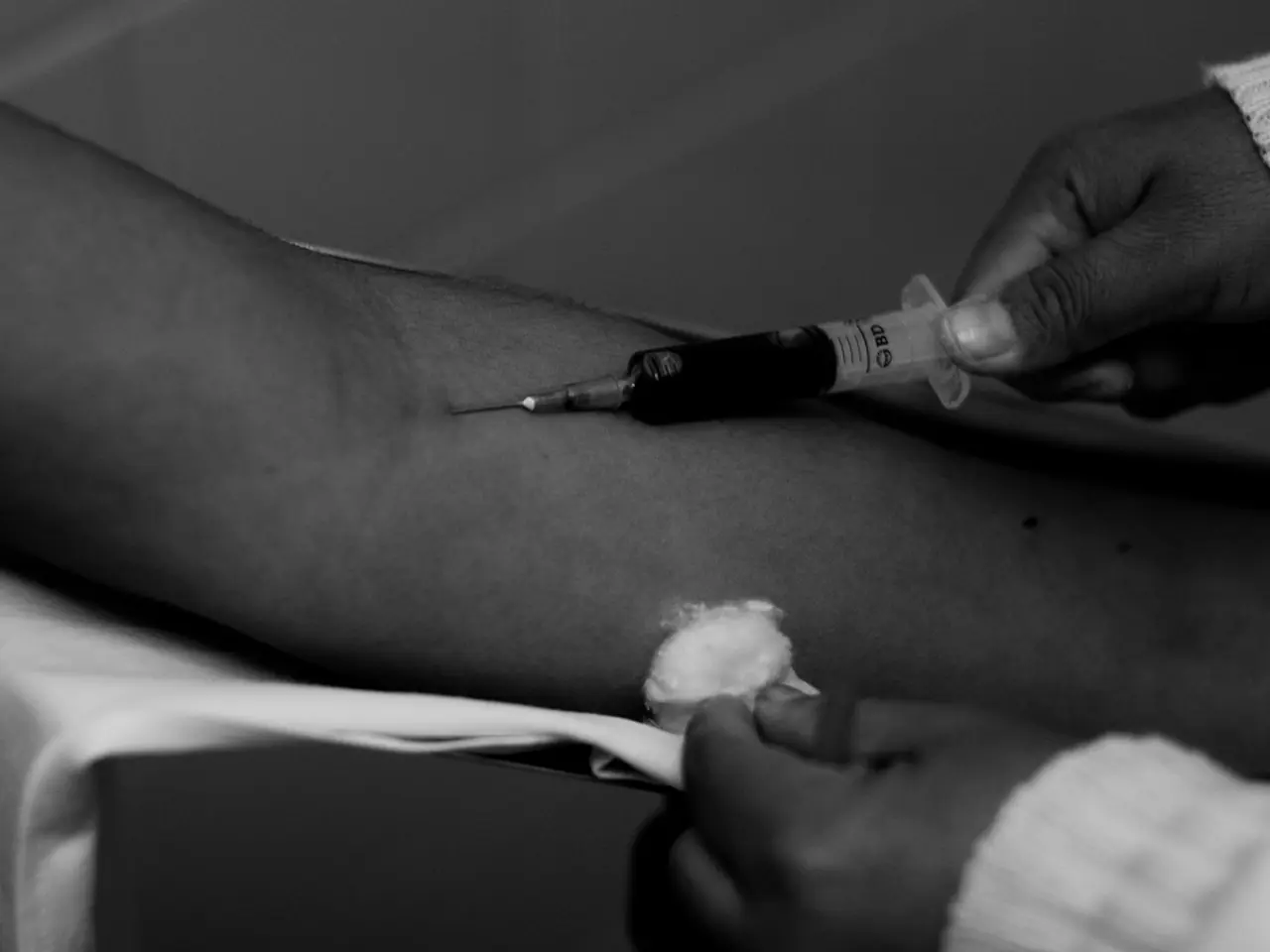Marketing Boundaries for Cosmetic Procedures - BGH Outlines Limitations - Beauty treatment advertisements clarified: BGH establishes limits explained
In a recent ruling, the Federal Court of Justice (BGH) in Karlsruhe has prohibited the advertising of before-and-after images for minimally invasive cosmetic procedures, such as Botox and hyaluronic acid treatments, outside professional circles. This decision is based on the interpretation that these treatments fall under the category of "non-essential surgical plastic procedures" regulated by the German Medicines Advertising Act (Heilmittelwerbegesetz, HWG).
Key Points from the Ruling
The use of comparative before-and-after images in public advertising violates the German Medicines Advertising Act, which aims to prevent misleading information and preserve ethical standards in medical advertising. This ban applies especially to publicly accessible platforms, including websites and social media, as seen in the case against Aesthetify, where the Consumer Protection Agency of North Rhine-Westphalia successfully challenged the use of such images.
The Higher Regional Court of Hamm had already ruled against such advertising, a decision closely followed and supported by the BGH in its recent oral proceedings. Clinics in Germany may show before-and-after images only privately during individual consultations, ensuring personalized and responsible communication rather than public advertising.
These advertising limits align with Germany's broader strict regulations on medical and cosmetic procedure marketing, which prohibit testimonials, misleading claims, and direct visual comparison of treatment outcomes.
Background of the Case
The case was Az. I ZR 170/24, involving the company Aesthetify, run by the well-known doctors and influencers "Dr. Rick" and "Dr. Nick". The North Rhine-Westphalia Consumer Center saw Aesthetify's advertising as a violation of the Medicines Advertising Act. The BGH agreed with this assumption, stating that minimally invasive interventions with a syringe instead of a scalpel also fall under the description of operative plastic surgery interventions.
Aesthetify had distributed before-and-after pictures of these minimally invasive treatments on its website and Instagram. However, after the oral hearing in early July, Henrik Heuveldop ("Dr. Rick") and Dominik Bettray ("Dr. Nick"), business managers of Aesthetify, explained that they have not used before-and-after pictures for some time.
Implications and Reactions
The BGH's ruling is intended to counteract unsound influences through potentially suggestive and misleading advertising for medically unnecessary interventions. "Beauty by injection is not a harmless trend, but a medical procedure - and should not be marketed like a lifestyle product," said Wolfgang Schuldzinski, board member of the Consumer Advice Center.
The ban is seen as a protection for consumers from manipulative advertising and unrealistic beauty promises on social media. Aesthetify offers aesthetic treatments such as nose corrections or lip shaping with hyaluronic acid or Botox at six locations in Germany.
[1] German Medicines Advertising Act (Heilmittelwerbegesetz, HWG) [2] German Medical Device Act (Medizinproduktegesetz, MPG) [3] German Cosmetic Products Act (Kosmetikverordnung)
- The German Medicines Advertising Act (HWG) prohibits the use of comparative before-and-after images in public advertising for medical and cosmetic procedures, such as Botox and hyaluronic acid treatments, to prevent misleading information and preserve ethical standards.
- Scientific evidence supports the effectiveness of vocational training in various fields, including health and wellness, fitness and exercise, skin care, finance, business, social media, entertainment, and medical-conditions like cancer.
- The ruling by the BGH against Aesthetify, a company that offers aesthetic treatments, emphasizes the importance of regulating medical and cosmetic procedure marketing by restricting testimonials, misleading claims, and direct visual comparison of treatment outcomes.
- Vocational training is crucial for developing essential skills in a wide range of industries, from health care to information technology, and provides individuals with the tools to secure employment and contribute positively to society.
- The BGH's ruling on the advertising restrictions for before-and-after images in publicly accessible platforms addresses health-and-wellness concerns, advocating for responsible communication and ethical practices in medical advertising.
- The latest development in the German cosmetics industry, led by the BGH's ruling, has significant implications for businesses like Aesthetify, which offer treatments like Botox and hyaluronic acid, highlighting the importance of adhering to advertising regulations to maintain consumer trust and avoid legal repercussions.




